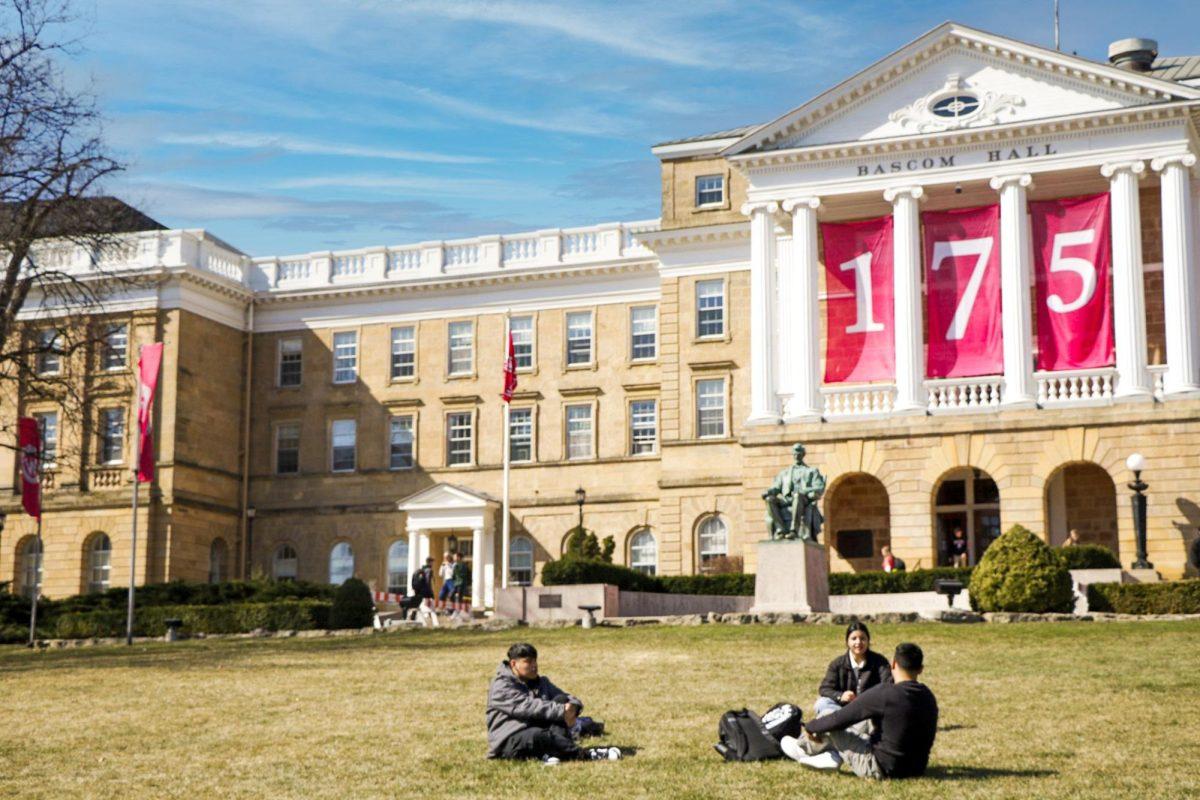The Alcohol License and Review Committee’s efforts to ban drink specials in existing bars may not have been completely successful, but for bars new to the downtown Madison area, drink specials are completely out of the question. Prospective bars applying for liquor licenses in the downtown area are subject to “voluntary conditions” that include bans on drink specials, as well as early closing times.
Before a hopeful bar owner can even present a business plan to the ALRC, he or she must first speak with the Madison Police Department and a University of Wisconsin representative. If both groups support the plan, the applicant may then proceed to the ALRC. If the establishment passes the ALRC’s careful examination, then it may proceed with its plan.
However, more often than not plans are rejected for reasons, including the fact that it is difficult to guess if the majority of the prospective establishment’s profits will come from liquor sales.
ALRC member Jennifer Zilavy said the main reason applicants are denied is that they lack of business experience or a feasible business plan.
“Each applicant is dealt with on a case-by-case basis,” Zilavy said. “There is no general consensus on the committee as to whether or not licenses should be granted.”
The ALRC granted a liquor license to Hawk Schenkel, owner of the recently opened Hawk’s restaurant and bar, with the condition that he would close by 1 a.m. every night.
“It definitely lessens my competitive advantage,” Schenkel said. “I don’t really have a choice in the matter. The ‘voluntary’ conditions aren’t really voluntary at all.”
Schenkel may reappear before the ALRC in order to remove the limitations on his license after six months of business.
“I agree with their intentions but not their process,” Schenkel said. “They can control the number of bars in the campus area but not the number of students who want to drink. The city has a definite problem with overcrowding in bars. Allowing more bars to open would help this problem.”
Ald. Mike Verveer, District 4, said the ALRC has no intention of letting any new bars open in the campus area.
“The ALRC believes that the downtown area is over-saturated with bars,” Verveer said. “They don’t think about the overcrowding. No new bars in the downtown area. Period.”
Numerous business plans, including a hip-hop club, have been turned down by the ALRC.
“Usually [interested businesspeople] smart enough not to even apply,” Verveer said. “The ALRC has had somewhat of a chilling effect on the possibility of new bars opening in the downtown area.”
ALRC member and City Council member Ald. Judy Olson, District 6, said the committee’s goal was not to stop new bars from opening but rather to keep the downtown area safe. She said the high density of downtown bars is one of the reasons behind the high number of police incidents at bar time.
“Oversaturation, it seems to be clear, is one the problems,” Olson said. “We have to make sure new bars are of a nature that won’t contribute to the problem.”








